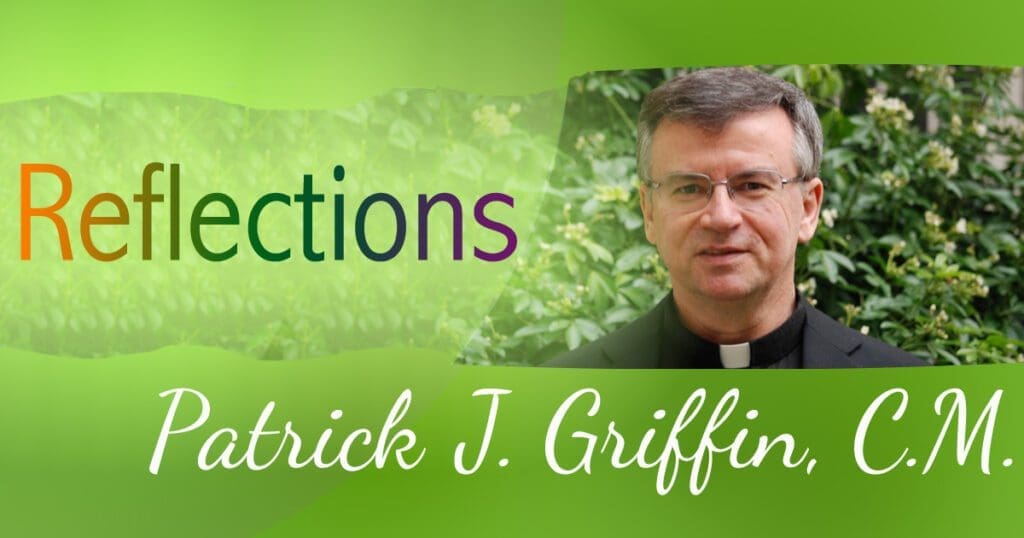Ash Wednesday follows Mardi Gras – “Fat Tuesday.” The days stand out as contrasts. One takes its power from feasting, parades, and colors. The other takes form around fasting, processions, and ashes. To celebrate both, we can allow the transition to give direction to our thoughts.

We can speak about the Mardi Gras as having its origin in pagan feasts and celebrations characterized by excess and decadence. Such an attitude could make a Christian person avoid this type of celebration. One might prefer to make it a solemn day acknowledging the sins of our world as we approach Ash Wednesday and the Holy Season of Lent. But, it might serve another purpose. We might use it as a day when we recognize how blessed we are in this created order and how we should rejoice in thanksgiving around this awareness. We might become more aware of the number and nature of our resources and begin to think how they might be used more generously as we enter the Lenten season with simplicity. The Mardi Gras might also present the motion that we are in control and can make all kinds of decisions about our life. The next day dispels those impressions.
If Mardi Gras connects us to the gifts of creation in our world, Ash Wednesday can remind us of our own creation.
Then the LORD God formed the human out of the dust of the ground and blew into his nostrils the breath of life, and the man became a living being. (Gen 2:7)
I am still committed to the traditional formula for administering the ashes: “Remember that you are dust, and to dust you shall return.” We are creatures of this earth and cannot separate ourselves from our world. The purpose of the ashes and Lent involves a learning to let go of our notions of dominion and to accept the reality of our condition.
“You shall return to the ground, from which you were taken;
For you are dust, and to dust you shall return.” (Gen 3:19)
When we learn to let go of so much that holds us back—our exaggerated sense of control, of power, of knowledge, of possessions—we experience a freedom that opens our lives to a following of Christ that lifts us up and drives us forward. The application of the ashes in the sign of a cross calls the path of the Lord to mind.
We know how the whole life of Jesus was a “letting go.” He surrendered himself completely to the will of the Father in his life. We hear this truth from his early years (“Did you not know that I must be in my Father’s house?” [Lk 2:49]) to his last days (“Not my will but yours be done.” [Lk 22:42]).
Mardi Gras can remind us of how blessed we are in this reality. Ash Wednesday reminds us of how little ultimate authority we wield. The Lenten journey begins with a call to “let go” of that which holds us back (including our pride and position) and follow Jesus along the way that leads to the cross and the resurrection to new life. Firmly accepting the lessons of Ash Wednesday starts us on the correct path. I am captured by the experience of Paul:
Three times I pleaded with the Lord to take [this thorn in the flesh] away from me. But he said to me, “My grace is sufficient for you, for my power is made perfect in weakness.” Therefore I will boast all the more gladly about my weaknesses, so that Christ’s power may rest on me. (2 Cor 12:8-9)







0 Comments